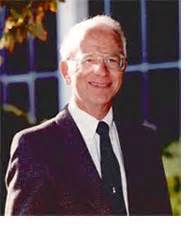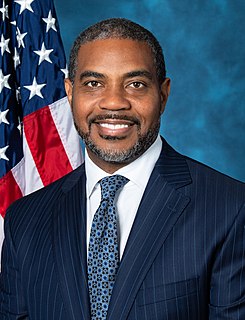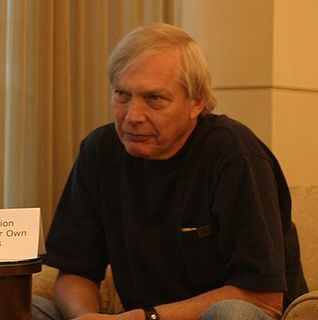A Quote by Dana Goldstein
Coming to the civil rights movement in the twentieth century, we begin to have this idea that's still with us today, which is that the main purpose of public education is closing achievement gaps.
Related Quotes
In less than a century we experienced great movement. The youth movement! The labor movement! The civil rights movement! The peace movement! The solidarity movement! The women's movement! The disability movement! The disarmament movement! The gay rights movement! The environmental movement! Movement! Transformation! Is there any reason to believe we are done?
I think one of the tragedies of the civil rights movement was because the civil rights movement became so court-focused, I think that there was a tendency to lose track of the political and community organizing, and activities on the ground, that are able to put together the actual coalitions of power throughout which you bring about redistributive change. And in some ways, we still suffer from that.
The great social justice changes in our country have happened when people came together, organized, and took direct action. It is this right that sustains and nurtures our democracy today. The civil rights movement, the labor movement, the women's movement, and the equality movement for our LGBT brothers and sisters are all manifestations of these rights.
That was exciting to be able to comment on civil rights. I mean, the civil rights movement that young people don't know about today, but Martin Luther King was considered by the establishment press in the early years of the sit-in movement as a dangerous man, and he was the equivalent at that time as Malcolm X. And he was told to stop his demonstrations; they were against the law and all of that. Now that he's sainted and sanctified we've forgotten.
Felons are typically stripped of the very rights supposedly won in the civil rights movement, including the right to vote, the right to serve on juries, and the right to be free of legal discrimination in employment, housing, access to education, and public benefits. They're relegated to a permanent undercaste.
The threats are coming to this country, which will, of course, increase the massive industry known as the anti-terrorism industry, and crush our civil liberties and civil rights, And it's devouring our priorities here in communities all over the country which are in such disrepair and are so neglected in terms of public works and public services.
As Dr. King said, an injustice anywhere is a threat to justice everywhere. It is that creed of the civil rights movement that still motivates us today...So today, we take up the cause of joining arms with our immigrant brothers and sisters in that spirit... to lend a hand to those who confront injustice as a result of a broken immigration system.

































